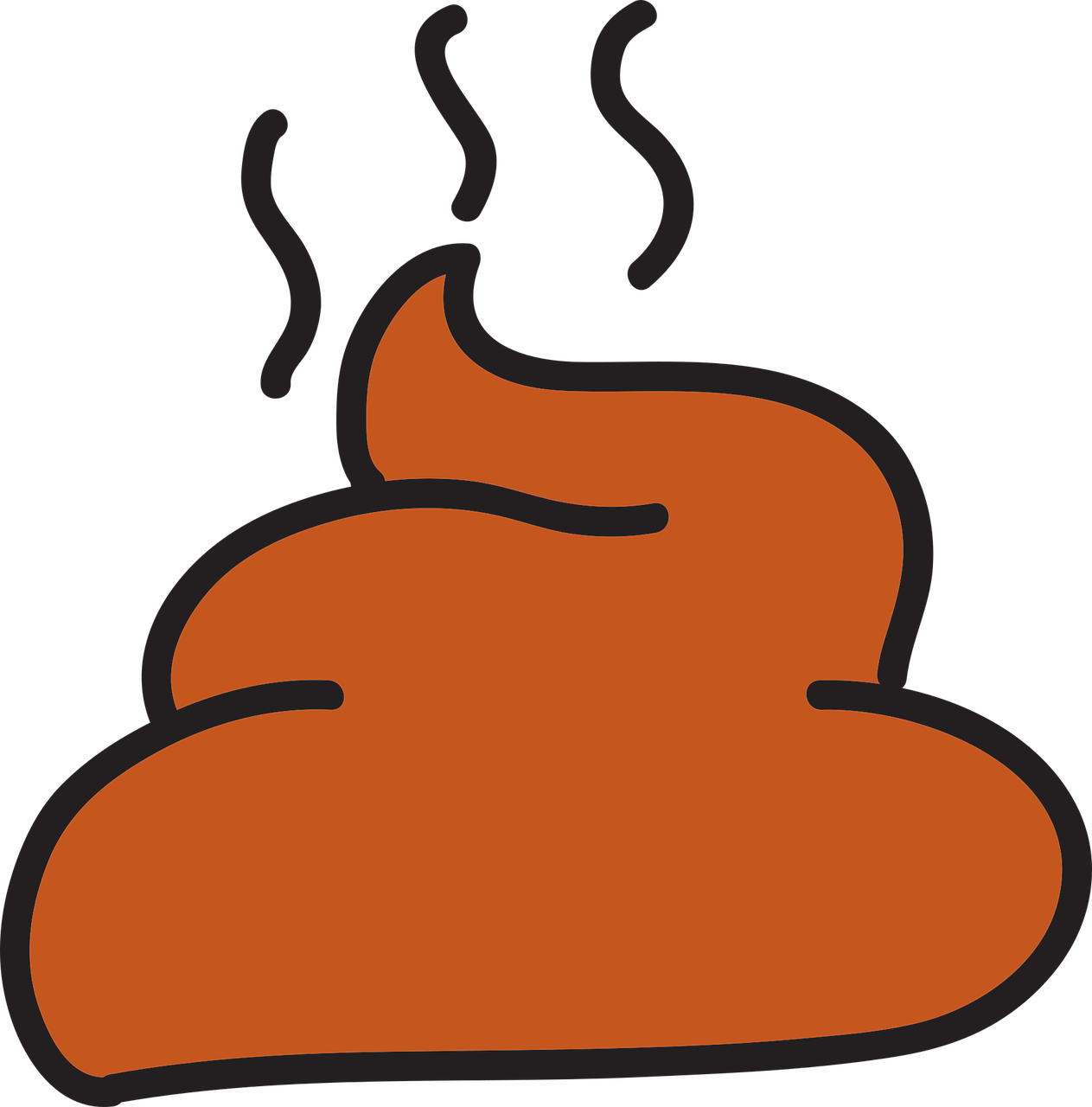Gastroenteritis
Most dogs with gastroenteritis will have intermittent episodes of vomiting and diarrhea. The vomit may contain foamy, yellowish bile, especially after the stomach has been emptied. Many owners will observe dry heaving or gagging after their dog eats or drinks.

Types of Gastroenteritis in Dogs
Gastroenteritis has many faces. It can present as diarrhea alone (anywhere from mildly soft stool to watery feces) or diarrhea with vomiting. Less often, it can manifest as vomiting alone, though if the condition is confined to the stomach itself, veterinarians may refer to it as gastritis.
Gastroenteritis is further separated into two types - acute and chronic. Acute gastroenteritis comes on suddenly. Chronic gastroenteritis occurs over the course of weeks, months or even years. Acute gastroenteritis usually goes away by itself; in other cases, it will progressively worsen until veterinary treatment is provided.
Causes of Gastroenteritis in Dogs
Gastroenteritis in dogs can have many potential causes. Anything that alters a dog's microbiome significantly can lead to the condition. Here's a list of possible causes:
- Ingestion of spoiled or raw foods, or of non-food items
- Viruses (parvovirus, distemper, etc.)
- Intestinal parasites
- Changes in intestinal flora
- A food allergy or sensitivity
- Gastrointestinal (GI) ulcers
- GI cancers
- Foreign bodies
- Intestinal obstruction
- Genetic disease or predisposition
Unfortunately, it's usually difficult to pinpoint the exact cause of the condition. However, this doesn't mean that your dog can't be cured. In fact, most veterinary treatment is successful.
Signs of Gastroenteritis in Dogs
Gastroenteritis in dogs typically starts with soft stool that becomes progressively wetter. Later on, you may notice mucus in the stool, your dog straining to produce a bowel movement and/or defecation in the house. Here are other common signs:
- Explosive and/or frequent bowel movements
- Tarry feces
- Large volumes of watery stool
- Blood in feces
- Lethargy
- Restlessness
- Abdominal pain
- Nausea (drooling, swallowing frequently)
- Vomiting
Dogs may display one or many of these signs, depending on the disease's severity and progression.
How to Gastroenteritis is Managed in Dogs
Calling your vet should always be your first consideration if you suspect an issue with your dog's digestive health. They can let you know the best recommendations for your dog and if your pet needs to be examined right away. In addition to medications or treatments for gastroenteritis, your vet may recommend supportive care measures such as:
Feeding feeding a therapeutic food that is highly digestible and easy on the GI tract
- Add an electrolyte supplement to their drinking water, for enhanced hydration
- Take it easy on exercise for a few days
The Role of Nutrition in Gastroenteritis
The role nutrition plays in gastroenteritis can't be overstated, especially given that inappropriate dietary choices are at the heart of many cases. You should feed your dog regular meals consisting of food known not to upset their stomach. Try not to change their food too quickly or add new ingredients suddenly or in large quantities.
Vets will typically recommend food low in fat and high in digestible fiber to treat (and prevent) most cases of gastroenteritis. If your dog has a food sensitivity or allergy, their vet may prescribe a hydrolyzed protein or novel protein diet.
SOURCE: https://www.hillspet.com/dog-care/healthcare/gastroenteritis-in-dogs
